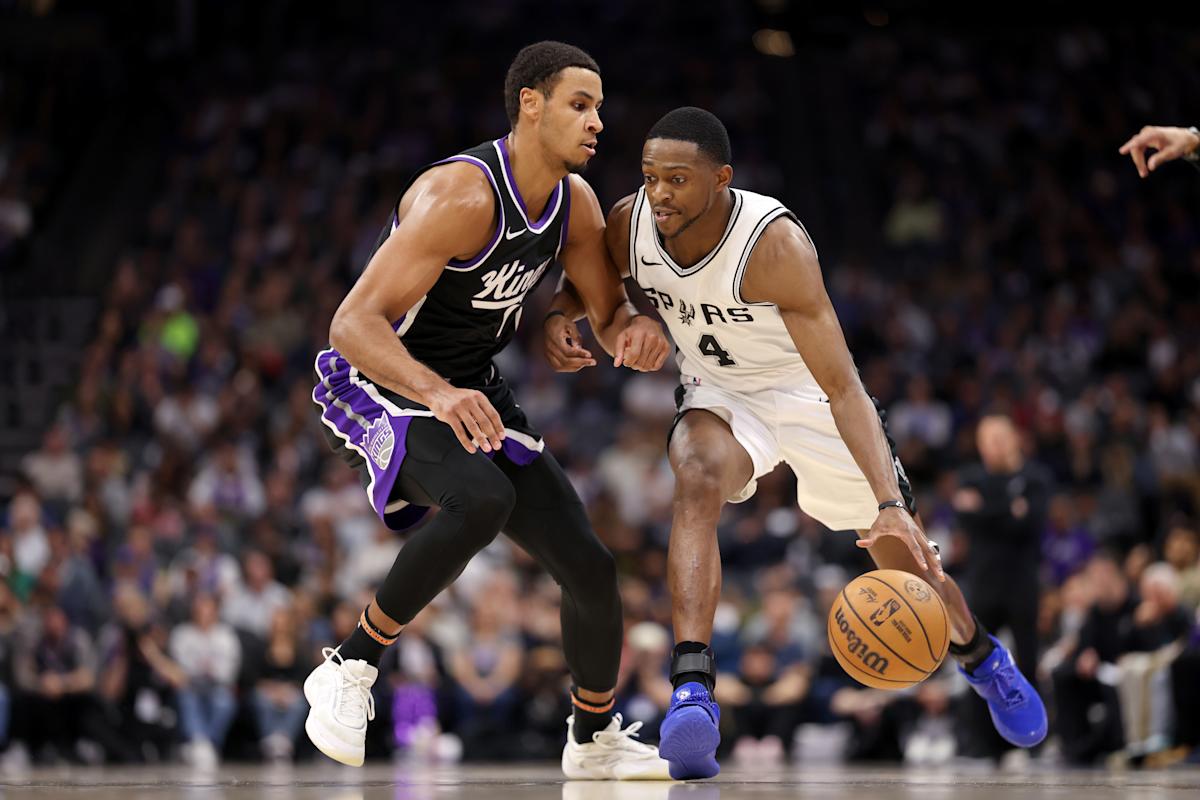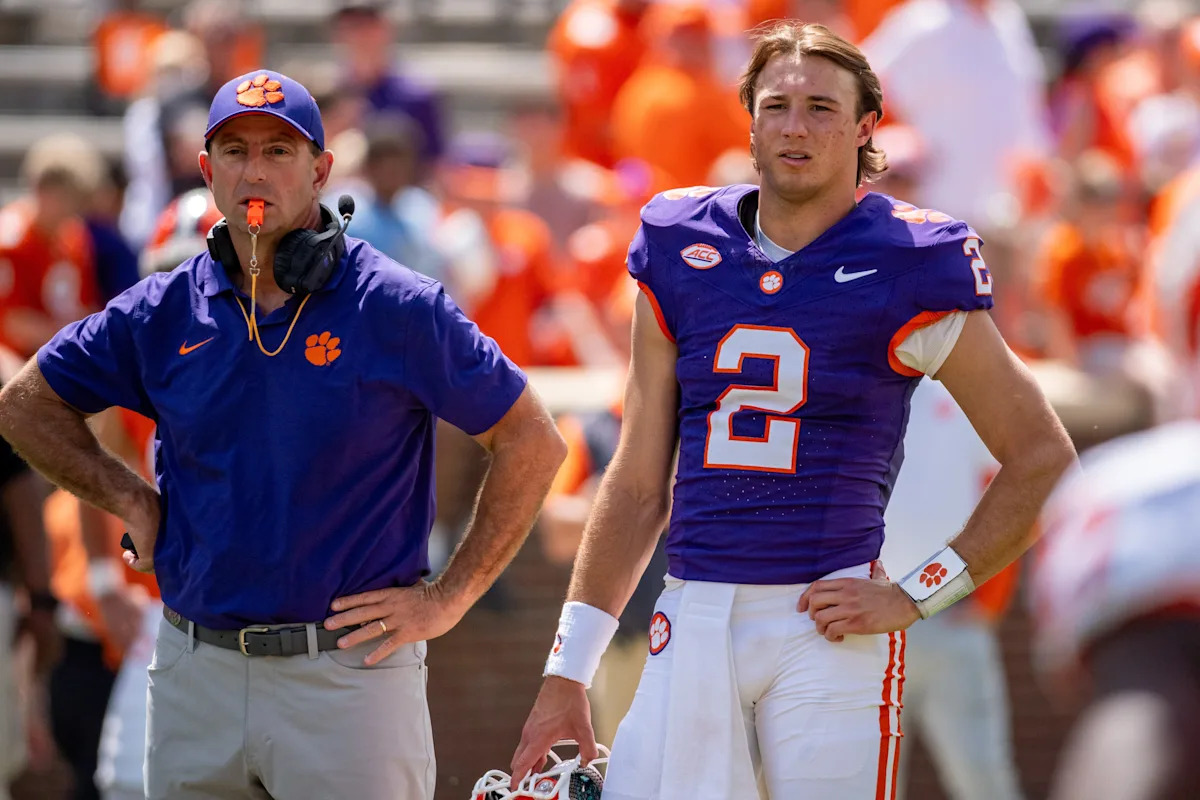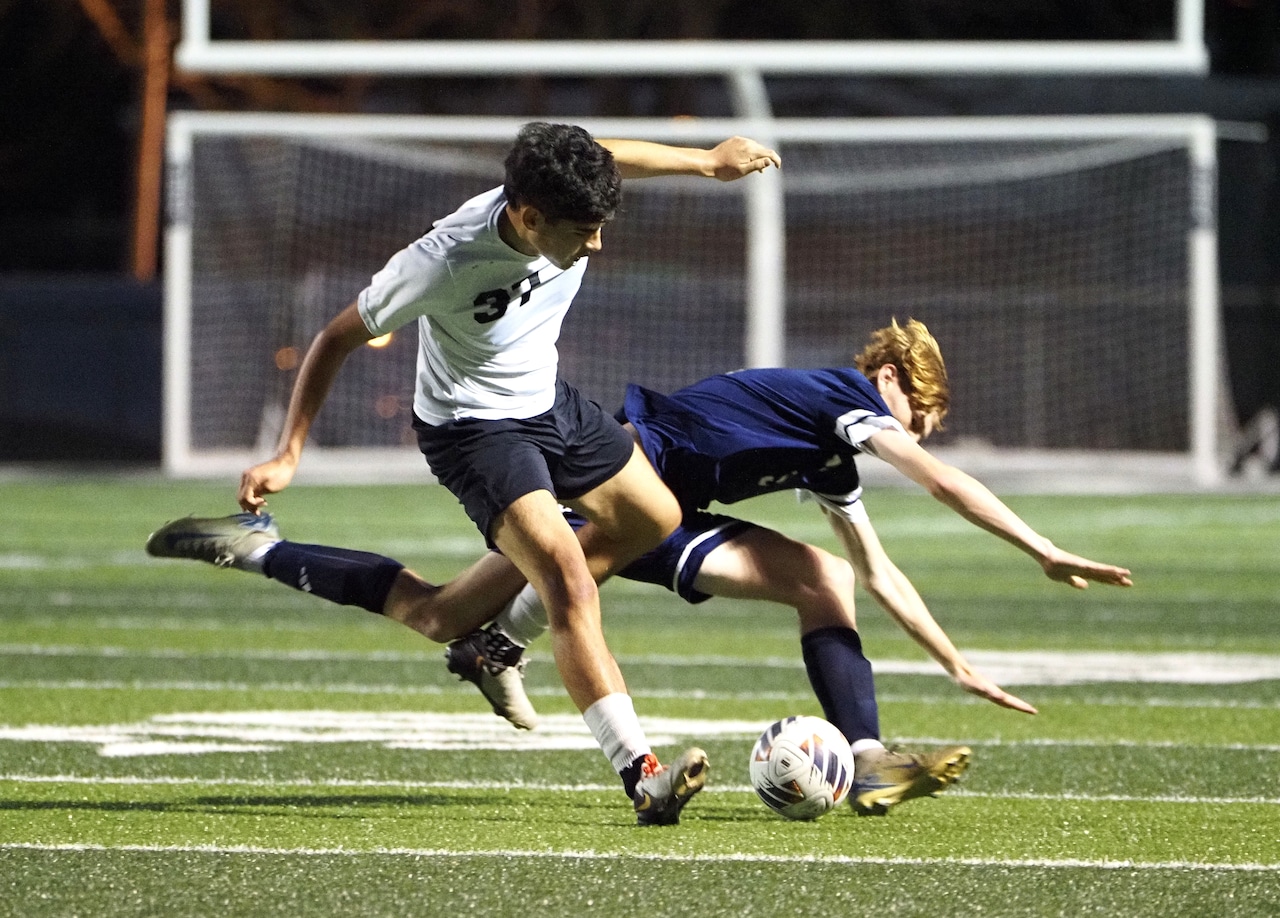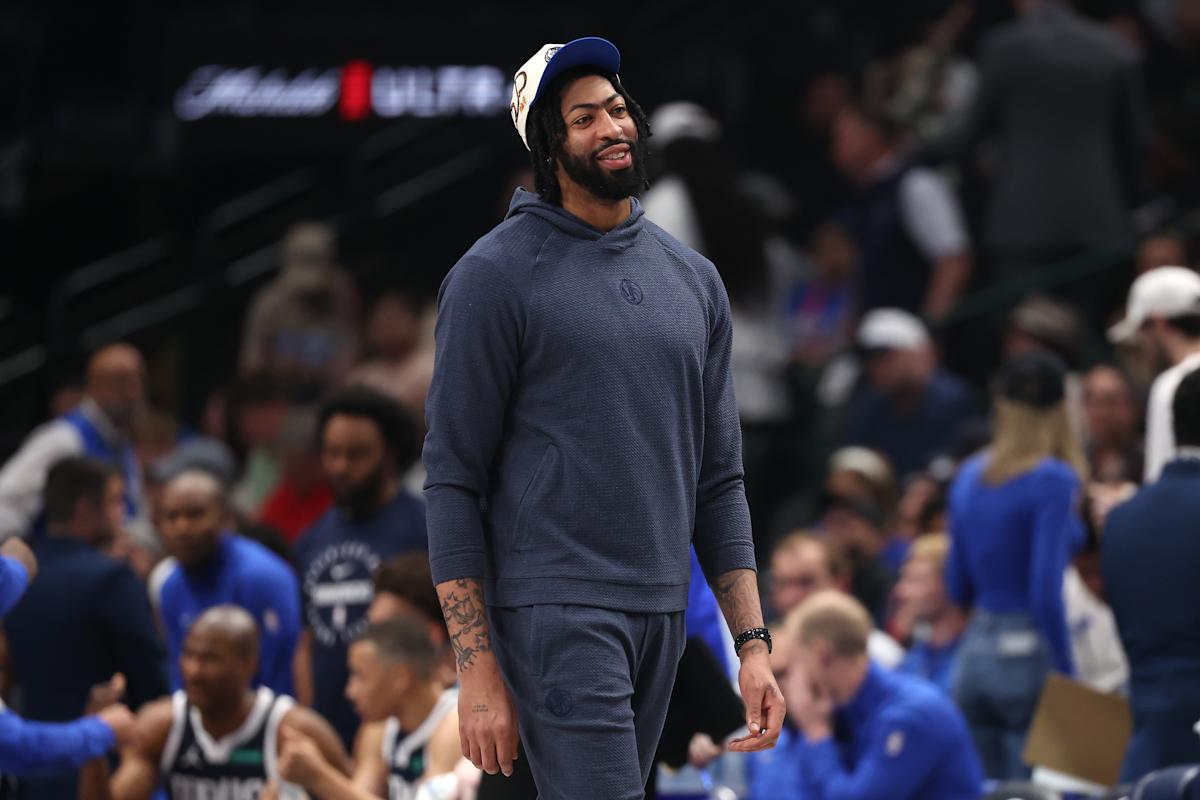Game Changer: How the Landmark House Settlement is Reshaping College Sports Forever
Sports
2025-04-07 10:30:08Content

In a landmark legal resolution, collegiate athletes have secured a groundbreaking $2.8 billion settlement in a federal class-action antitrust lawsuit that promises to reshape the landscape of college sports compensation. The settlement, which marks a pivotal moment for student-athletes' rights, addresses long-standing concerns about fair compensation and athletic program restrictions.
This historic agreement stems from a lawsuit challenging the NCAA's long-standing rules that limited athletes' ability to profit from their athletic talents. The legal action challenged fundamental restrictions that had prevented student-athletes from receiving compensation beyond traditional scholarships, effectively challenging decades of established athletic governance.
Under the terms of the settlement, current and former athletes will receive substantial financial compensation, with the potential to fundamentally transform how collegiate sports programs approach athlete earnings and rights. The agreement not only provides immediate financial relief but also signals a significant shift in the broader conversation about athlete compensation in collegiate athletics.
The settlement represents more than just a monetary victory; it symbolizes a critical turning point in recognizing student-athletes as individuals with economic value beyond their athletic performance. By challenging existing NCAA regulations, these athletes have opened the door to more equitable treatment and potential future reforms in collegiate sports.
Legal experts and sports analysts view this settlement as a watershed moment that could potentially reshape the entire ecosystem of collegiate athletics, setting a precedent for future discussions about athlete rights, compensation, and fair treatment.
Landmark Legal Victory: Athletes Triumph in Billion-Dollar Antitrust Lawsuit Reshaping Sports Compensation
In an unprecedented legal battle that has sent shockwaves through the sports industry, athletes have secured a monumental settlement that promises to redefine the landscape of athlete compensation and challenge long-standing systemic inequities in professional sports economics.Justice Prevails: A Turning Point for Athlete Rights and Fair Compensation
The Genesis of the Legal Challenge
The antitrust lawsuit emerged from years of simmering tensions between professional athletes and sports organizations that have historically controlled compensation structures. Athletes, long frustrated by restrictive economic models, banded together to challenge systemic practices that limited their financial opportunities. This groundbreaking legal action represented more than a mere financial dispute; it symbolized a profound struggle for economic autonomy and fair representation within professional sports ecosystems. Detailed investigations revealed complex mechanisms that had systematically suppressed athlete earnings across multiple sports disciplines. The plaintiffs meticulously documented intricate networks of financial constraints that prevented athletes from accessing their true market value. Their comprehensive legal strategy dismantled long-entrenched practices that had effectively constrained athlete economic potential.Unraveling the Complex Legal Landscape
The $2.8 billion settlement represents far more than a monetary transaction. It signifies a seismic shift in how sports organizations must approach athlete compensation and contractual relationships. Legal experts have characterized this settlement as a watershed moment that could potentially reshape entire compensation frameworks across professional sports leagues. Sophisticated economic analyses suggest that the settlement will create ripple effects extending far beyond immediate financial implications. By challenging established antitrust practices, athletes have effectively opened new pathways for negotiating more equitable contracts and challenging restrictive economic models that have historically limited their earning potential.Broader Implications for Professional Sports
This landmark legal victory transcends individual financial compensation. It represents a powerful statement about athlete agency, challenging long-standing power dynamics within professional sports institutions. The settlement signals a fundamental transformation in how sports organizations must approach athlete relationships, emphasizing transparency, fairness, and mutual respect. Economists and sports industry analysts predict that this settlement will catalyze widespread reforms. Sports leagues will likely be compelled to reevaluate their compensation structures, implement more flexible contractual frameworks, and develop more athlete-centric economic models. The ripple effects could fundamentally alter recruitment strategies, contract negotiations, and overall economic interactions within professional sports.Future Outlook and Potential Transformations
The settlement's long-term implications extend well beyond immediate financial gains. It represents a critical moment of reckoning for sports organizations, challenging them to adopt more progressive, equitable approaches to athlete compensation. Future legal precedents will likely reference this case as a pivotal moment in sports economic history. Emerging research suggests that such transformative legal actions could inspire similar challenges across different sports disciplines and potentially even other professional domains. The athletes' successful legal strategy provides a blueprint for challenging systemic economic inequities, potentially inspiring similar collective actions in other industries.Navigating the Aftermath: Challenges and Opportunities
While the settlement represents a significant victory, it also introduces complex implementation challenges. Sports organizations must now rapidly adapt their economic frameworks, develop more transparent compensation mechanisms, and rebuild trust with athletes who have long felt marginalized by existing systems. The coming months and years will be critical in determining how effectively these organizations can transform their practices. Successful adaptation will require genuine commitment to athlete welfare, innovative economic thinking, and a willingness to fundamentally reimagine traditional sports economic models.RELATED NEWS
Sports

NHL's Global Game-Changer: How the 4 Nations Tournament Could Reshape Professional Hockey
2025-02-25 13:20:39
Sports

Breaking: Local High School Boys Indoor Track Team Shatters Records and Expectations
2025-03-22 03:37:28
Sports

Roma Crowned Europa League Kings: Historic Triumph Rewrites Football Folklore
2025-03-07 08:53:00





